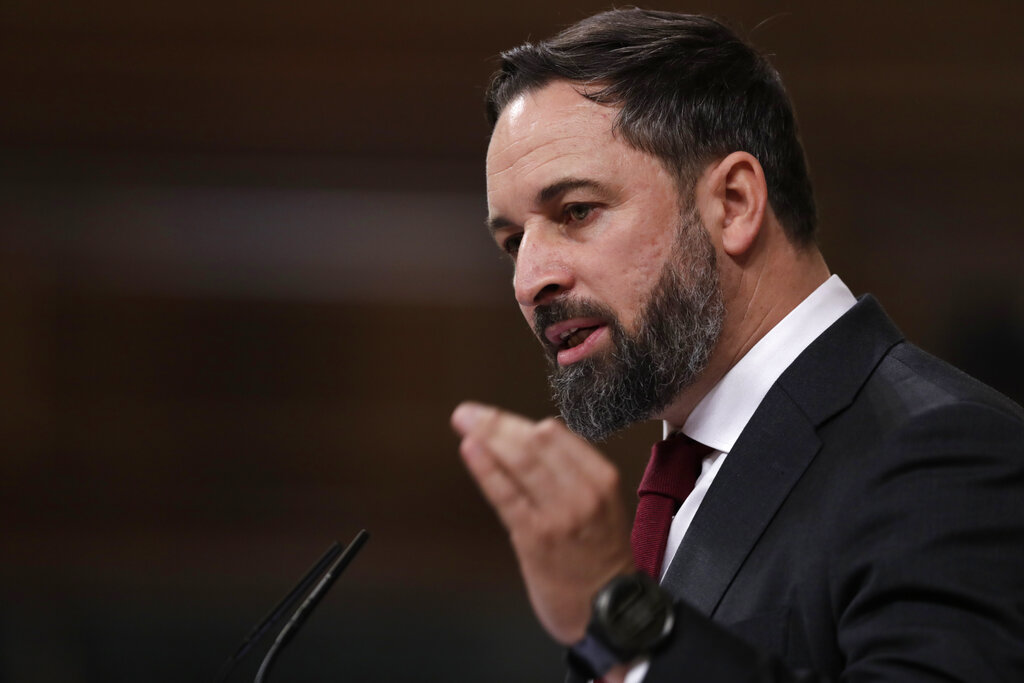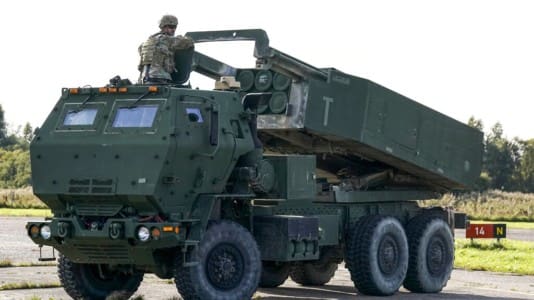Poland’s Law and Justice (PiS) party leader Jarosław Kaczyński and the leader of Spain’s Vox party, Santiago Abascal, discussed the close cooperation between their parties within the European Conservatives and Reformists (ECR) grouping in the European Parliament on Monday. Kaczyński was also keen to discuss the war in Ukraine.
After the meeting, a PiS spokesman reported that Abascal had not only been critical of Russia but had also supported the full territorial integrity of Ukraine; he said only Ukraine could take decisions on when and how to end the war without any outside interference. The two leaders also discussed migration and better protection for EU borders.
Over the weekend, Vox MEP Hermann Tertsch addressed a conference titled “Clash of cultures in the EU,” organized by Polish MEP Patryk Jaki. During Tertsch’s remarks, he welcomed the recent electoral successes of Giorgia Meloni in Italy and the Swedish Democrats, believing that they would put pressure on the European Commission to change course.
Tertsch regretted the fact that some politicians from parties that call themselves conservative followed the agenda of the liberal left. This example of “false flag” politics was, he said, a tragedy for Europe because the European mainstream has essentially become socialist and Marxist.
Tertsch’s opinion about conservatives embracing the agenda of the left has long been echoed by Hungarian Prime Minister Viktor Orbán. The Hungarian PM has criticized the European People’s Party (EPP), a coalition of allegedly center-right parties in the European Parliament, of giving up their values on migration, traditions, and Christianity. Orbán left the EPP in 2020 after its leadership threatened to expel his Fidesz party.
The Vox MEP had a clear message on the Russian invasion of Ukraine, saying it was changing the way many countries now think about the dominant role of Germany and France in the European Union. It has also, in his view, helped people in Europe become aware of the importance of nationhood and sovereignty, and has encouraged citizens to start making the defense of their countries a priority.
Tertsch was certain that Paris and Berlin would have all too willingly accepted the fall of Ukraine in a matter of days so that they could continue with their plans for the EU, but the Ukrainians made that impossible.





